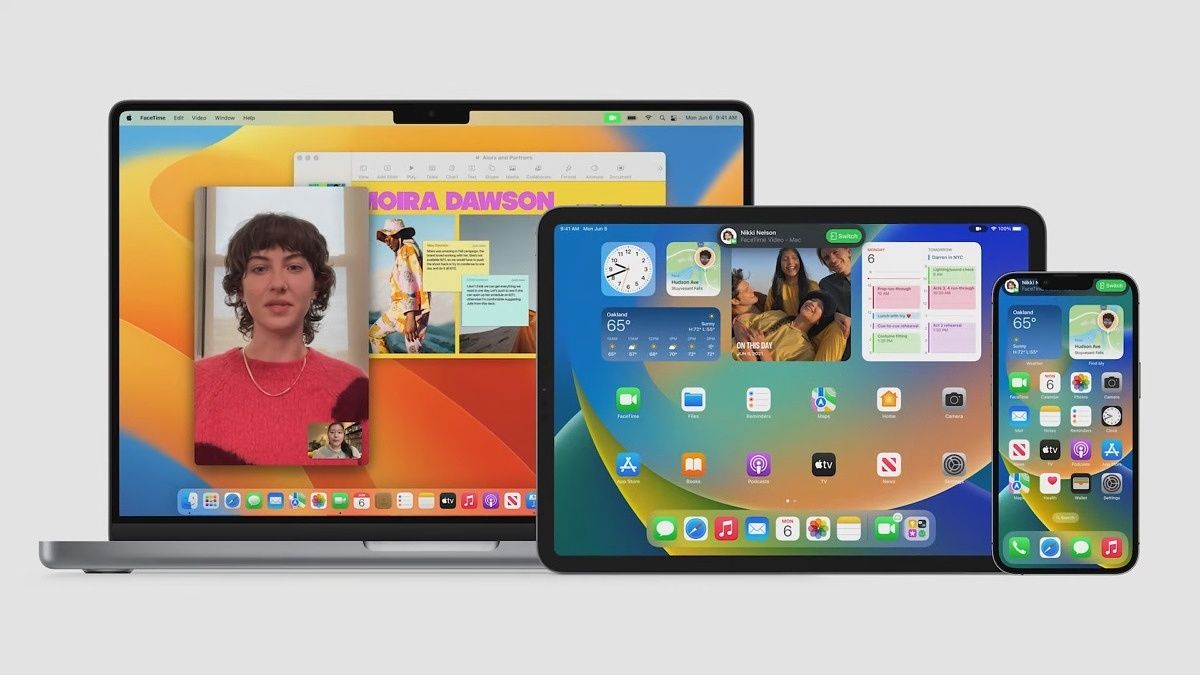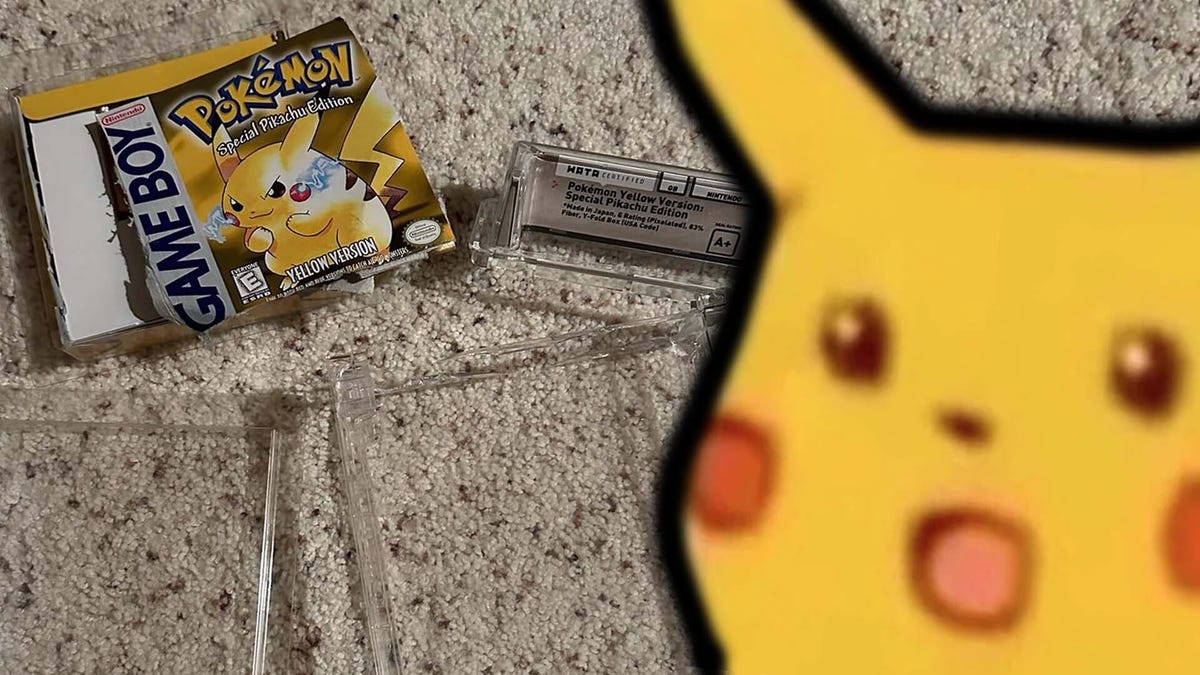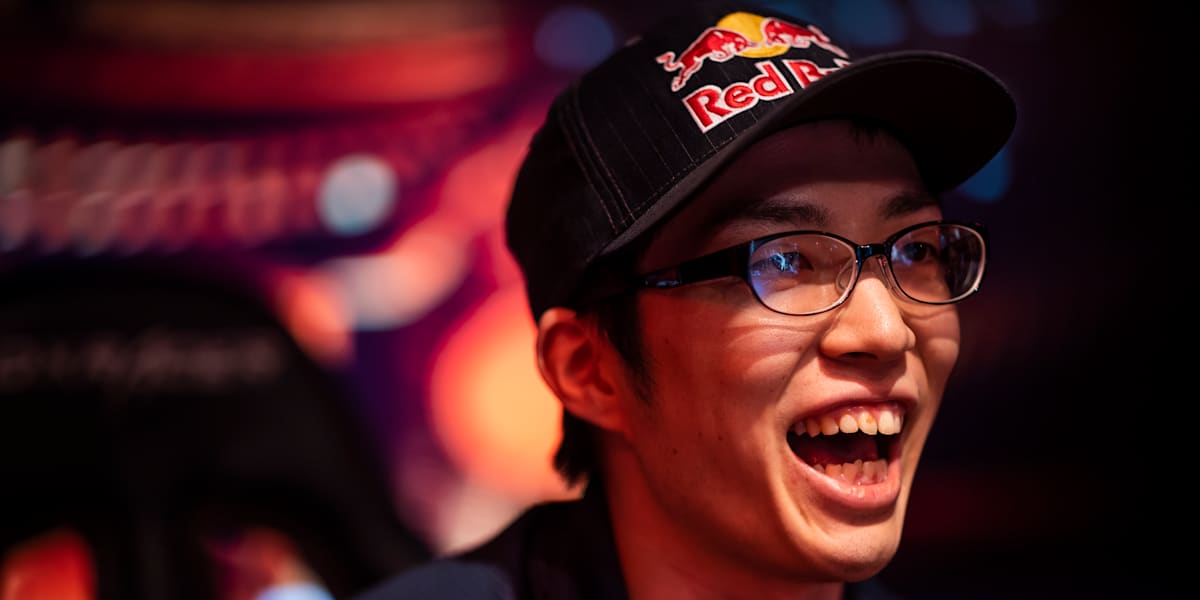Who doesn’t love data, especially their own? With that thought, over the years I’ve owned several activity trackers, including at least two Fitbits, and I frequently check my iPhone to see how far I’ve walked or how many steps I’ve taken. My most recent acquisition is an Oura (smart ring, third generation), which includes my first sleep tracker.
Sleep trackers aren’t unique to the Oura Ring; they’re included on many newer activity trackers and smartwatches, but the design and breakdown of daily sleep, activity, and readiness scores are hallmarks of Oura Rings.
The ring generates data for different sleep phases, movements, oxygen saturation, breathing disorders, heart rate and heart rate variability. I began to wonder how useful this information would be clinically and if it might be helpful in diagnosing or treating sleep disorders.
David Neubauer, MD, is a psychiatrist at the Johns Hopkins Sleep Disorders Center. “Sleep trackers are more than just toys, but less than medical devices. They have clinical utility and may show results that warrant further medical examination,” Neubauer said. “It’s impressive that these devices assess sleep as well as they do, but there’s a problem with the way they divide sleep phases that can lead people to believe their sleep is worse than it is. really is.”
For more than 50 years, he explained, sleep researchers and clinicians have categorized sleep into non-rapid eye movement (NREM) sleep stages 1-4 and REM sleep. More recently, sleep has been rearranged into N1, N2, and N3 (which combines the old stages 3 and 4, representing “deep sleep” or “slow wave sleep”) and REM sleep. We normally spend more time in N2 than in the other stages. However, device manufacturers often categorize their sleep estimates as “light sleep”, “deep sleep”, or “REM”. With “light sleep,” they group together N1 and N2 sleep, which is misleading, Neubauer said. “Understandably, people often think there’s something wrong if their tracker reports that they’re spending a lot of time in light sleep, when in fact their sleep may be completely normal.”
Validity of sleep tracking
A study by de Zambotti and colleagues, “Ring Sleep: Comparison of ŌURA Sleep Tracking vs. Polysomnography,” examined the sleep patterns of 41 adolescents and young adults and concluded that second-generation tracking was accurate in terms of total sleep. but underestimated time spent in stage N3 sleep by about 20 minutes while overestimating time spent in REM sleep by 17 minutes. They concluded that the ring had the potential to be clinically useful, but that further studies and validations were needed.
A larger study of the latest third-generation Oura tracker, conducted by Altini and Kinnunen at Oura Health, found that the additional sensors with the next-generation ring led to improved accuracy, but they noted that the study was performed with a healthy population. and may not generalize to clinical populations.
Fernando Goes, MD, and Matthew Reid, PhD, both at Johns Hopkins, are working on a multicenter study using the Oura ring and the mindLAMP app to examine the impact of sleep on mood in people with mental disorders. mood as well as healthy controls. Reid said: “Sleep stage validation takes a hit when the ring is used in people with insomnia. We find it useful for total sleep time, but when you look at sleep architecture, the concordance is only 60%. And oxygen saturation measurements are less accurate in dark-skinned people.”
Clinical uses of sleep trackers
More precise information could reassure patients. Goes added: “One use, for example, could be to help patients limit or get rid of long-term hypnotics with a more benign intervention that incorporates passive monitoring such as that of the Oura Ring. Some patients worry excessively about not being able to sleep, and sleep monitoring data can be helpful in reducing some of these concerns so patients can focus on safer interventions, such as cognitive behavioral therapy for sleep. ‘Insomnia. Reid thinks wearable trackers have potential utility in monitoring sleep in patients with insomnia. “In insomnia, misperception of sleep status is common. They are hyper-awake and perceive they are awake when in fact they are asleep.”
Goes mentioned another use for sleep trackers in clinical settings. “In our inpatient units, nurses open the door to check on patients every hour to monitor and document if they are sleeping. If they look inside and the patient is not moving, they will ask the patient to raise your hand, which of course isn’t going to help anyone go back to sleep.” Wearable devices could provide sleep data without the risk of waking patients up all hours of the night.
Not medical devices
However, Neubauer emphasized that current sleep trackers are not medical devices, saying, “They can measure the same parameters that are measured with medical devices, for example pulse oximetry or sleep states, but there is not yet a simple answer to the question of whether the provide reliable data for clinical decision-making.”
Neubauer is skeptical about the accuracy of some of the measurements provided by the device. “I wouldn’t use information from a consumer device to rule out obstructive sleep apnea based on good oxygen saturation numbers. It all depends on the story – snoring, gasping awakenings, reports from bed partners and daytime sleepiness.These devices do not measure respiratory effort or nasal airflow as sleep studies do.But large drops in the oxygen saturation of a consumer device certainly warrant careful consideration for further evaluation. Neubauer also noted that the parameters of sleep trackers do not differentiate between central or obstructive sleep apnea, and that insurers will not pay for continuous positive airway pressure to treat sleep apnea without sleep study.
I like looking at the data, even knowing that it’s not entirely accurate. As future renderings of these multi-sensor devices become more specific and sensitive, I predict they will play a role in the diagnosis and treatment of sleep disorders, and we may find more clinical uses for these devices. . For now, I’m off to do more exercise, at the suggestion of my tracker!
#Fitness #Trackers #sleep #medicine



